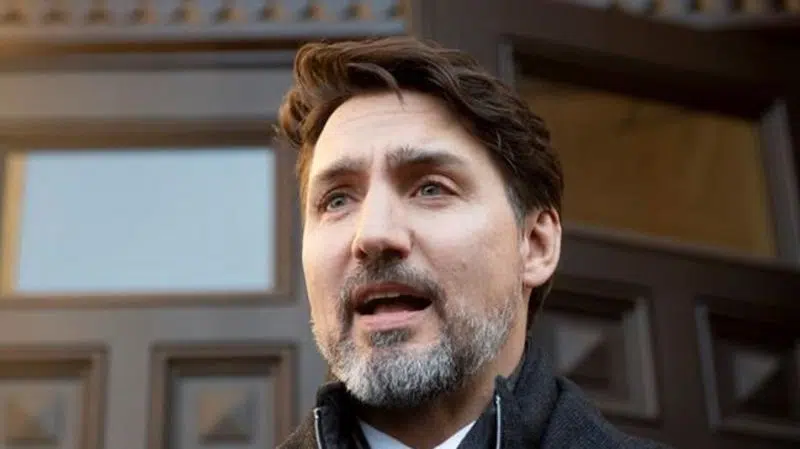
House of Commons returns and China’s ‘War on Terror’; In The News for Feb. 18
In The News is a roundup of stories from The Canadian Press designed to kickstart your day. Here is what’s on the radar of our editors for the morning of Feb. 18.
What we are watching in Canada …
Prime Minister Justin Trudeau returns to a House of Commons eager to debate his government’s policies on the economy, energy, climate change and reconciliation with Indigenous Peoples after a week away.
The NDP is asking Commons Speaker Anthony Rota for an emergency debate on anti-pipeline blockades that have shut down swaths of the country’s train system and interrupted traffic on highways and bridges for more than a week.


